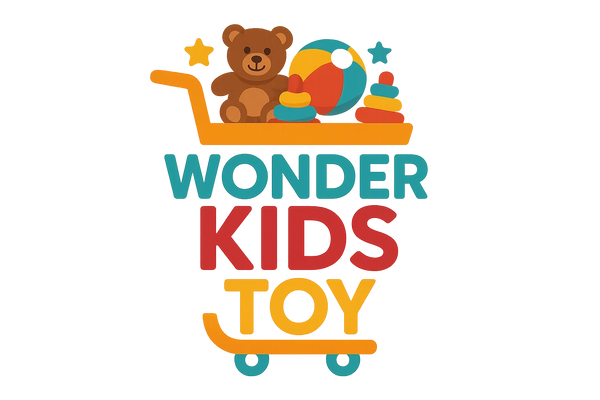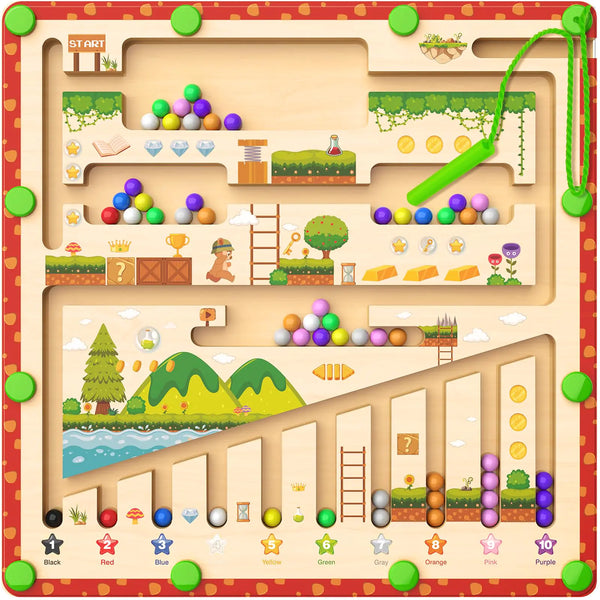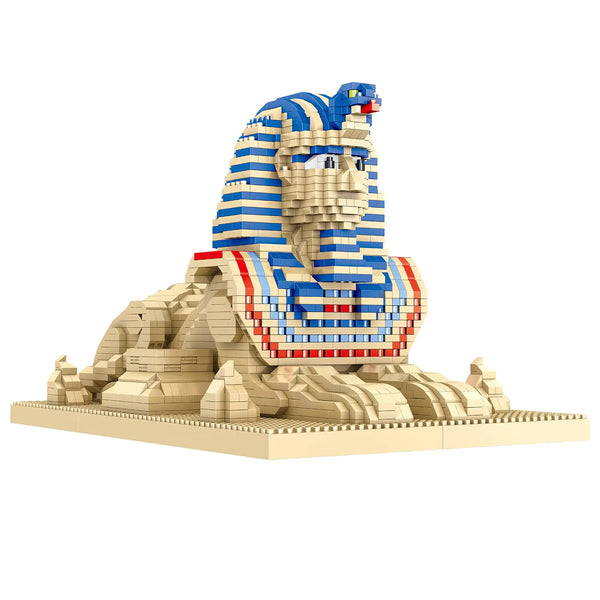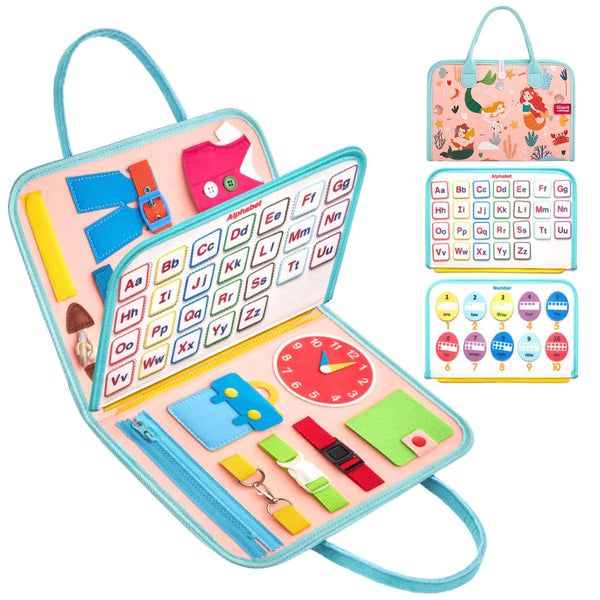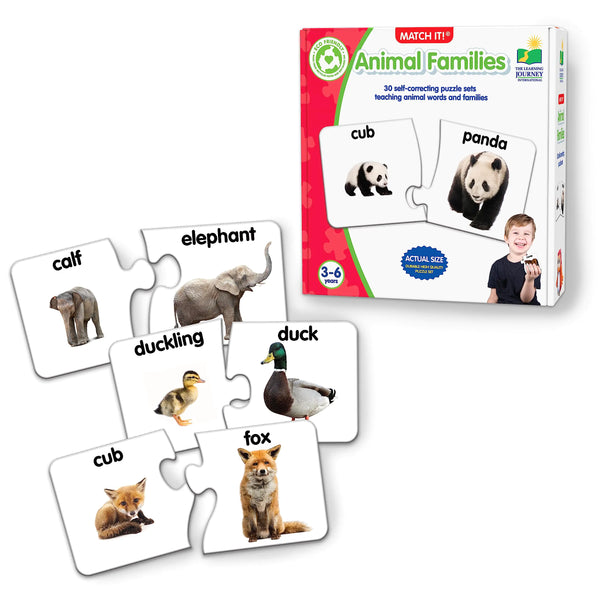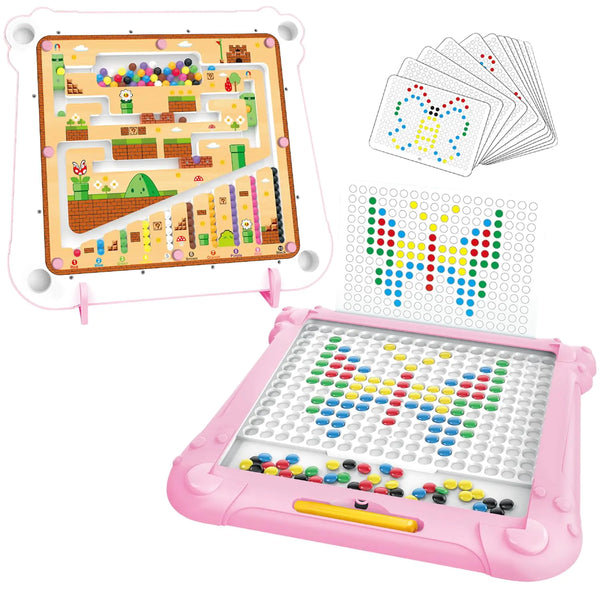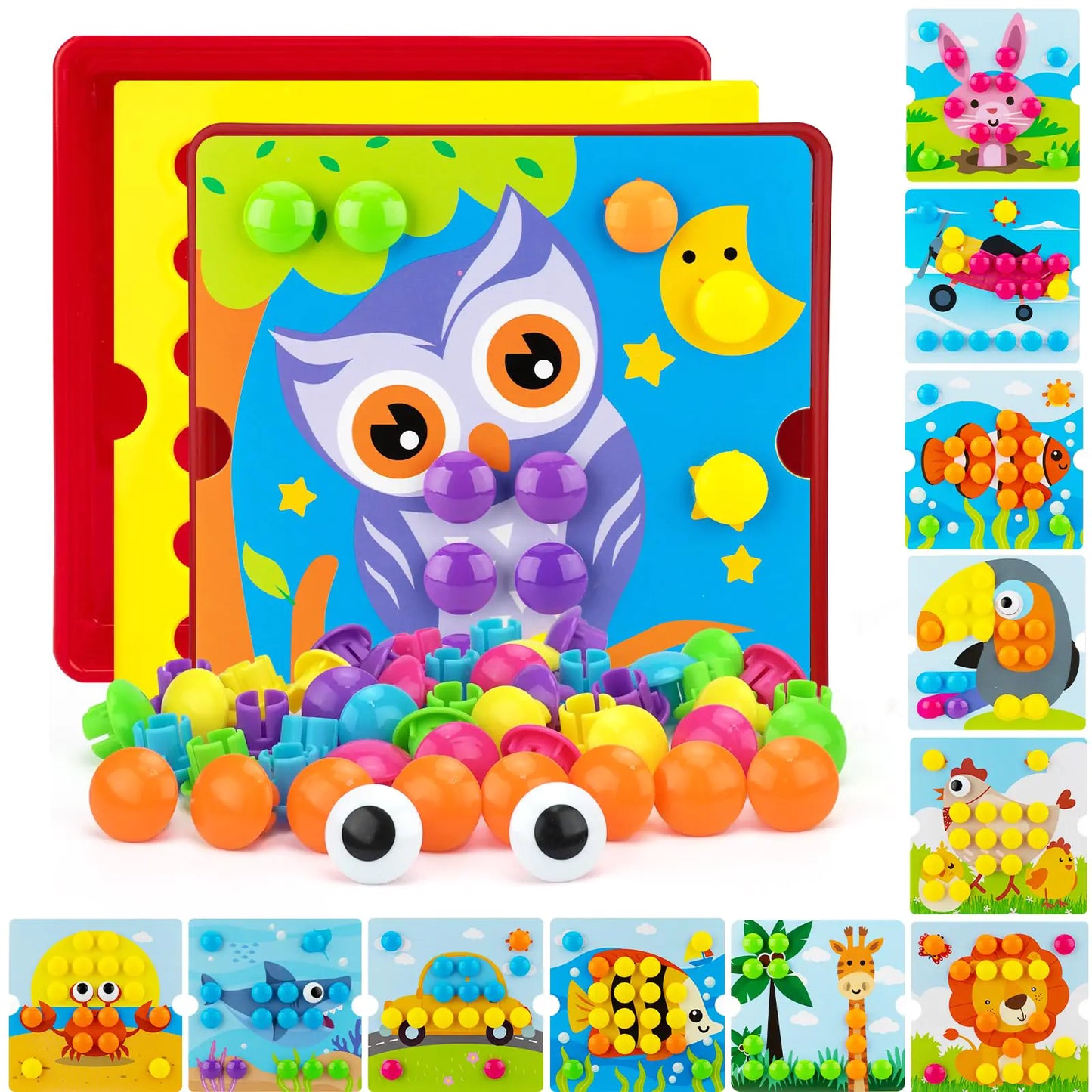As parents and educators, we're constantly seeking ways to support children's cognitive growth during their formative years. The toys we choose play a crucial role in this development, offering more than just entertainment. Educational building blocks toys stand out as powerful learning tools that combine play with fundamental skill development. These versatile toys create a foundation for learning that extends far beyond childhood, influencing how children process information, solve problems, and interact with the world around them.
Building blocks have remained a staple in childhood development for generations because they offer an intuitive way for children to explore concepts like physics, engineering, and mathematics while having fun. Today's educational building blocks come in various forms—from classic wooden blocks to interlocking plastic bricks and magnetic tiles—each designed to engage different aspects of cognitive development.
Ready to enhance your child's learning journey through play? Explore our curated collection of educational toys at WonderKidsToy where we've selected the finest building blocks to support cognitive development at every age.

Key Cognitive Benefits of Educational Building Blocks Toys
Educational building blocks toys offer far more than simple entertainment—they're powerful tools for developing crucial cognitive skills that benefit children throughout their lives. Let's explore how these versatile toys contribute to various aspects of mental development.

Enhancing Problem-Solving Skills Through Block Play
When children play with building blocks, they constantly encounter challenges: How can I make this tower taller without it falling? How do I create a bridge between these two structures? Each of these questions represents a problem-solving opportunity. As children experiment with different approaches, they develop critical thinking skills and learn to approach challenges methodically.
Building blocks naturally introduce concepts of trial and error, teaching children to persist through failures and adjust their strategies. This resilience in problem-solving transfers to academic learning and real-world situations, helping children develop confidence in their ability to overcome obstacles.
Looking for toys that specifically target problem-solving development? Check out our problem-solving building sets designed to challenge young minds with age-appropriate construction challenges.

Developing Spatial Reasoning and Mathematical Thinking
Spatial reasoning—the ability to understand and remember the spatial relations among objects—is a fundamental skill that supports mathematical thinking. When children manipulate building blocks, they intuitively explore concepts like geometry, symmetry, and proportion. They learn to visualize three-dimensional structures and understand how different shapes fit together.
Research has shown that strong spatial skills correlate with achievement in STEM (Science, Technology, Engineering, and Mathematics) fields. Educational building blocks toys provide an early foundation for these skills by allowing children to physically interact with shapes and spaces, creating mental models that will later help them understand abstract mathematical concepts.

Fostering Creativity and Imagination
Unlike toys with predetermined uses, building blocks offer infinite possibilities. A simple set of blocks can become a castle, a spaceship, a zoo, or anything a child can imagine. This open-ended quality encourages divergent thinking—the ability to generate creative ideas by exploring many possible solutions.
As children build and create stories around their constructions, they develop narrative thinking and symbolic understanding. A block might represent a character, a vehicle, or a building in their imaginative play. This ability to use symbols and create representations is a crucial cognitive skill that later supports reading, writing, and abstract thinking.
Inspire your child's creativity with our open-ended building block sets that encourage imaginative play and storytelling.

Refining Fine Motor Skills and Hand-Eye Coordination
Building with blocks requires precise movements and coordination between what the eyes see and what the hands do. As children stack, align, and balance blocks, they develop the fine motor skills necessary for writing, drawing, and other detailed tasks. The physical act of manipulating blocks strengthens hand muscles and improves dexterity.
Different types of educational building blocks offer varying levels of motor skill challenge. Larger blocks are perfect for toddlers just developing grip strength, while smaller interlocking bricks help older children refine their precision and control. This progression supports the development of increasingly complex motor skills as children grow.

Encouraging Social Learning and Collaboration
While building blocks can be enjoyed individually, they also create wonderful opportunities for collaborative play. When children build together, they practice essential social skills like communication, negotiation, and cooperation. They learn to share materials, take turns, and appreciate others' ideas and contributions.
Group building activities also introduce children to different perspectives and approaches. They might observe how a peer solves a construction challenge differently than they would, expanding their own problem-solving repertoire. This social dimension of block play adds another layer of cognitive development through peer learning and shared discovery.
Expert Insights on Building Blocks and Cognitive Development

Child development experts and researchers have long recognized the value of building blocks in supporting cognitive growth. Dr. Sarah Johnson, developmental psychologist at the Center for Early Childhood Learning, explains: "Building blocks engage multiple areas of the brain simultaneously. When a child constructs with blocks, they're developing spatial reasoning, mathematical thinking, and executive function skills all at once."
A landmark study published in the Journal of Research in Childhood Education found that children who engaged in regular block play showed significantly higher scores on spatial tests than those who had limited exposure to construction toys. The researchers concluded that "the manipulation of blocks in three-dimensional space provides children with mental models that support later mathematical and scientific understanding."
"The best predictor of mathematical achievement is not early number knowledge but spatial ability. Building blocks provide one of the most effective ways to develop this foundation in young children."
Beyond academic benefits, pediatricians point to building blocks as tools for developing executive function—the set of mental skills that include working memory, flexible thinking, and self-control. These skills are crucial for academic success and have been linked to better outcomes in adulthood. Dr. Lisa Martinez of the American Academy of Pediatrics notes, "When children plan and execute building projects, they're exercising the prefrontal cortex, which controls executive function skills."
Experts also emphasize the long-term advantages of early exposure to educational building blocks toys. Children who develop strong spatial and problem-solving skills through block play are better prepared for STEM education. They approach mathematical and scientific concepts with confidence and demonstrate greater persistence when facing challenges in these subjects.

Investing in Your Child's Cognitive Development
Educational building blocks toys represent one of the most valuable investments you can make in your child's cognitive development. These versatile tools support multiple areas of brain development simultaneously, creating neural pathways that will benefit your child throughout their academic journey and beyond. From enhancing problem-solving abilities to developing spatial reasoning and fostering creativity, the benefits of quality building blocks extend far beyond playtime.
When selecting educational building blocks for your child, consider their current developmental stage and interests. Look for high-quality materials that will withstand years of creative play and construction sets that can grow with your child, offering new challenges as their skills advance. Remember that the simplest blocks often provide the richest opportunities for open-ended exploration and learning.
Support Your Child's Learning Journey Today
At WonderKidsToy, we've carefully selected educational building blocks that maximize cognitive development while providing hours of engaging play. Our collection includes options for every age and developmental stage.
Shop our best-selling educational building blocks

